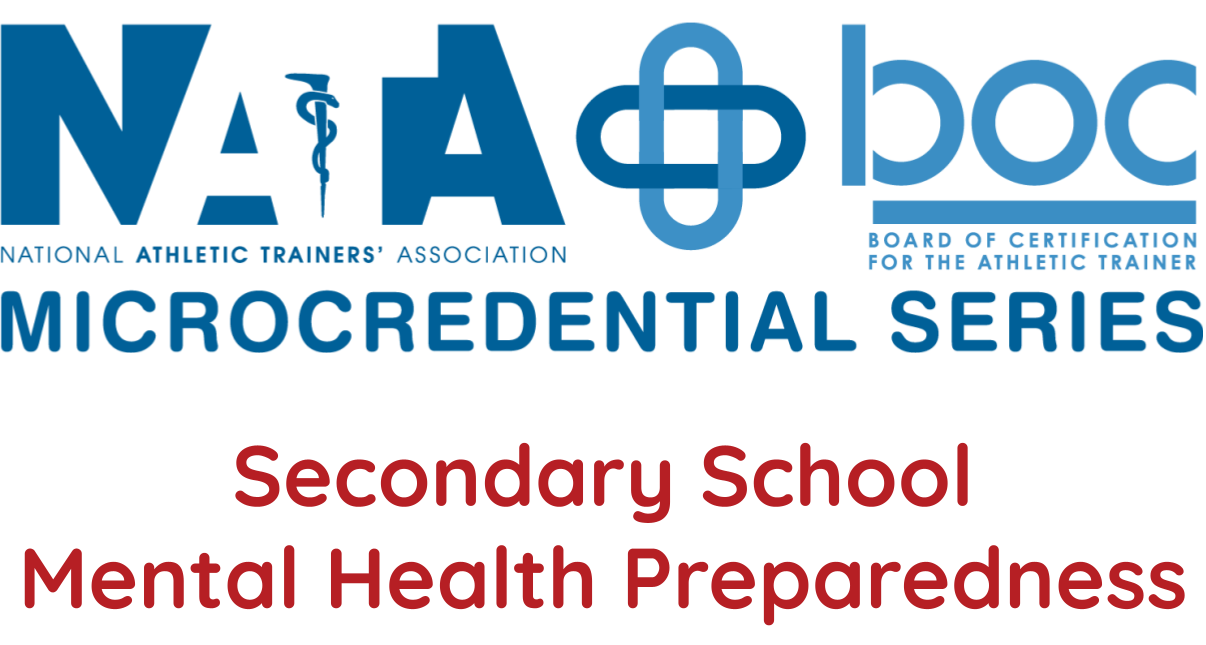
Nadine Hartig, PhD, LCSW, LPC
Nadine Hartig is a Licensed Professional Counselor (VA) and a Licensed Clinical Social Worker (CO). She holds a master’s degree in social work from the University of Wisconsin-Madison (1996) and a doctorate in Counselor Education and Supervision from the University of Northern Colorado (2004). She is a registered play therapist (RPT), Board Certified Tele-mental Health practitioner, and EMDRIA trained in EMDR.
She has over twenty-five years of clinical experience in a variety of settings, including universities, community mental health centers, K-12 schools, crisis settings, private practice, the State Public Defender’s Office, domestic violence and trauma centers, integrated behavioral health, and dual diagnosis treatment. She has been part of Radford University’s faculty since 2006, where she holds rank as Professor and serves as the chairperson of the Department of Counselor Education. She also serves as the Director for the Center of Integrated Health and Wellness.
She has taught across the counseling core, school counseling, couples and family counseling, and clinical mental health curricula for over fifteen years. Her areas of interest include trauma treatments, counseling children and adolescents, integrated health, wellness, supervision, leadership, sport performance, and career development.


